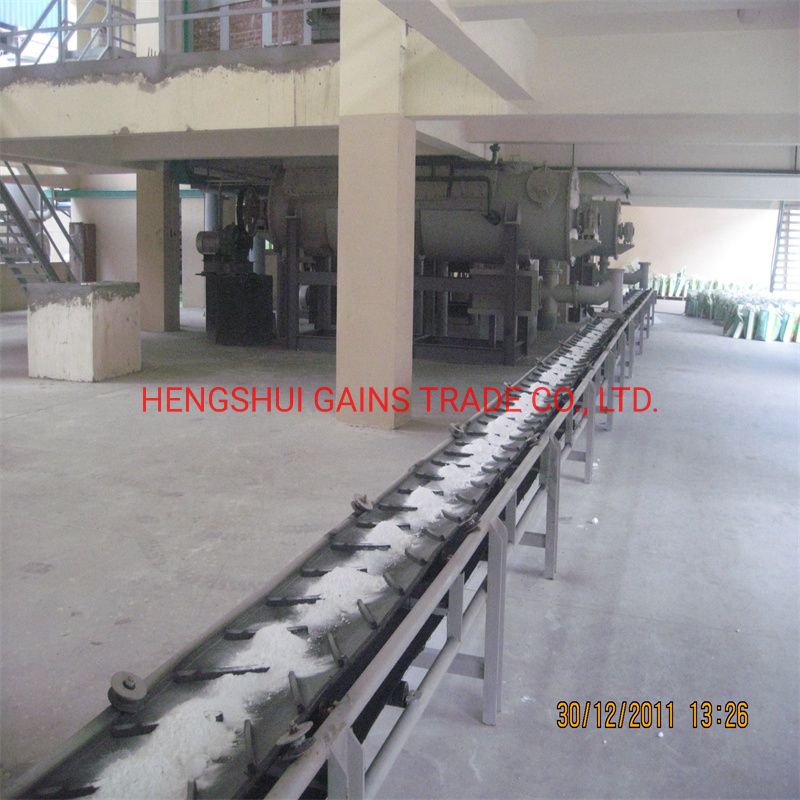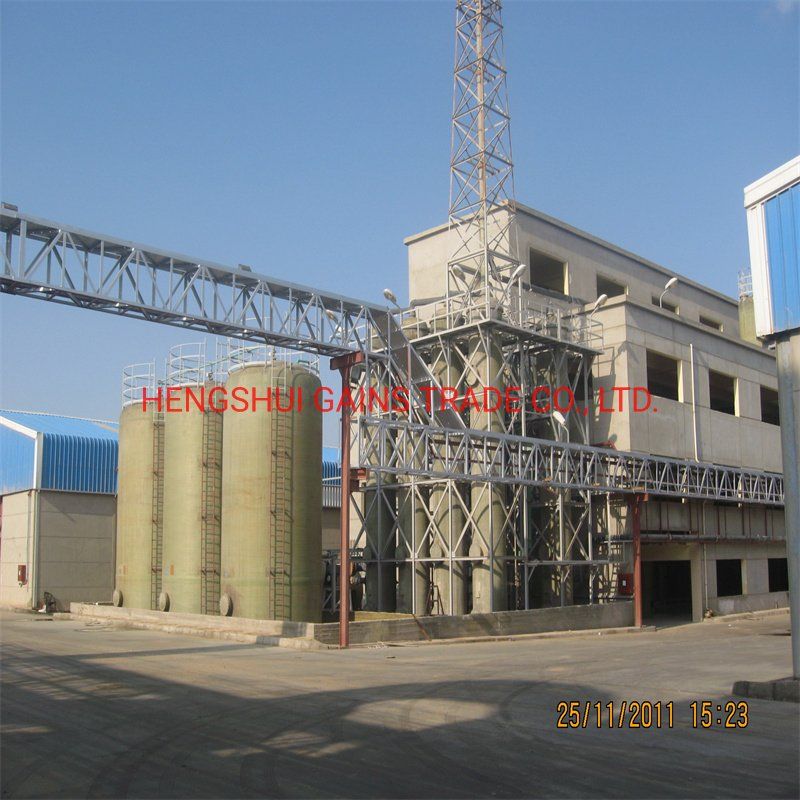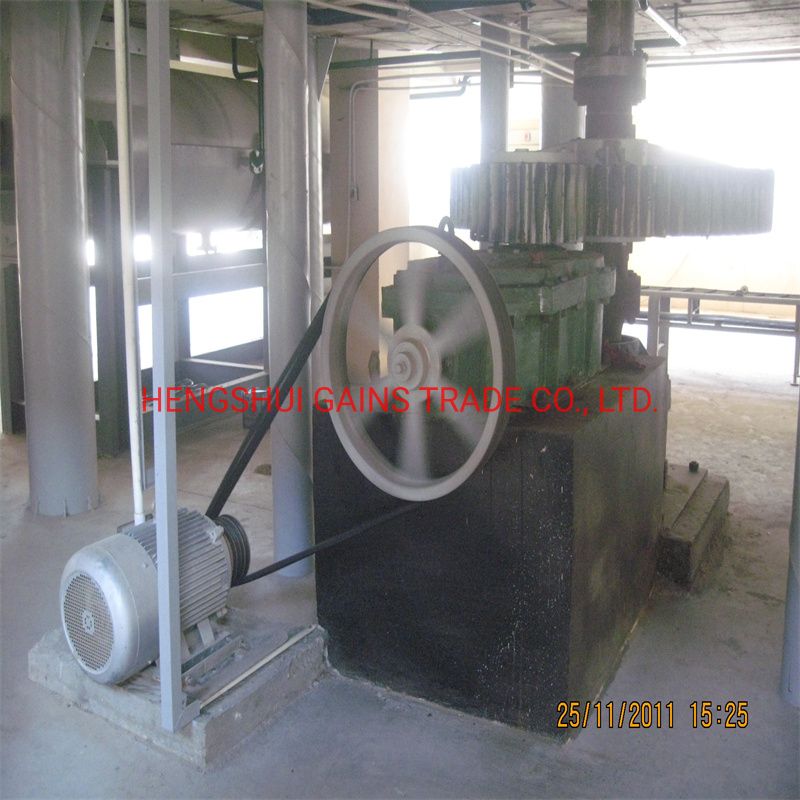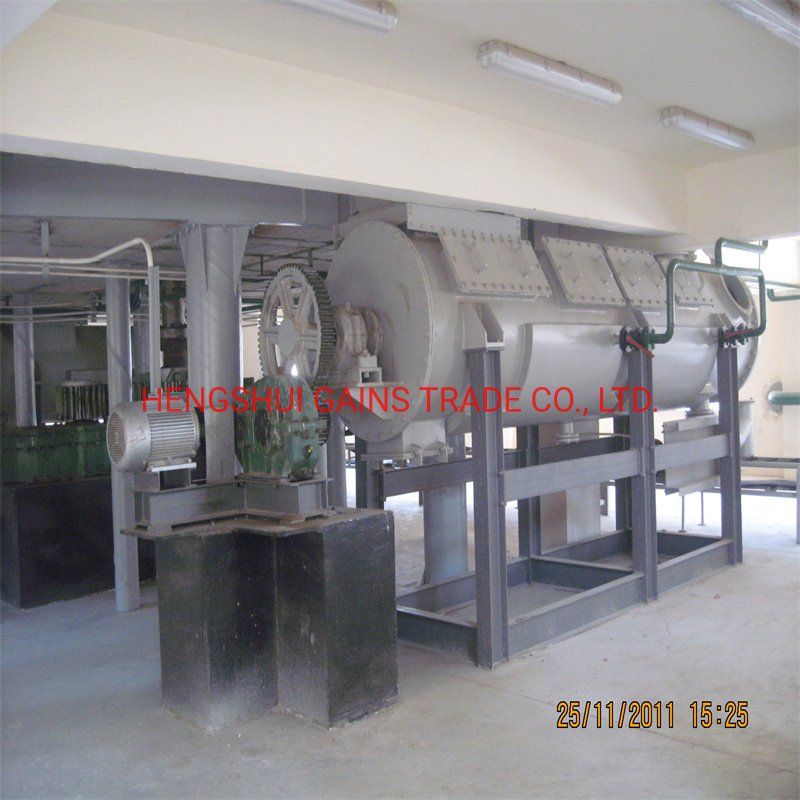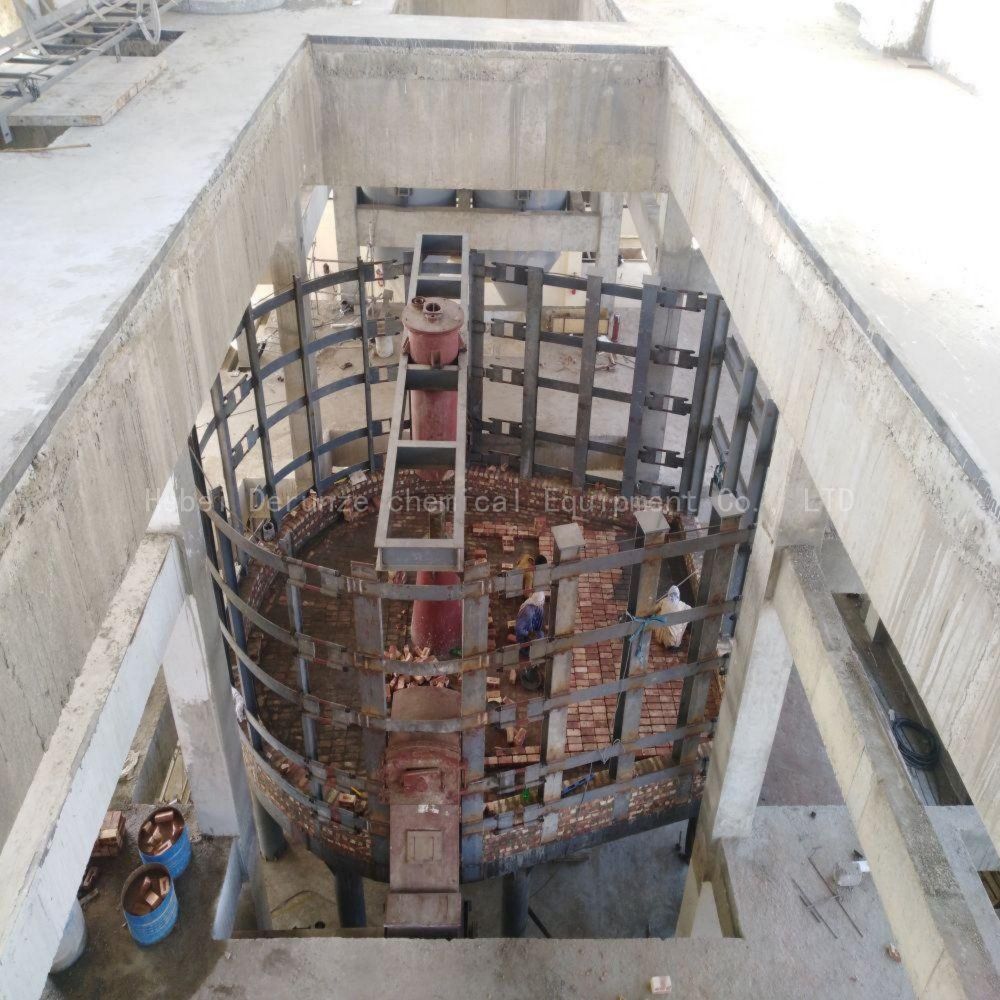Mannheim Process for Potassium Sulphate Production Line
$200,010.00
Description
Transform your production capabilities with our Potassium Sulphate Production Line using the innovative Mannheim Process. This efficient setup ensures high purity, optimal yield, and reduced energy costs. Elevate your operations today and invest in quality—order now!
SKU
9492968200759
Category Chemical Equipment
Tags Chemical Drying Equipment, Chemical Equipment Machinery, Chemical Fertilizer Production, Chemical Fertilizer Production Line, Chemical Granulators, Cutting Production Line, Fertilizer Line, Fertilizer Production Line, Fertilizer Production Plant, Plant Chemical, Production Line, Production Line Trends, Tube Production Line
Brand: HENGSHUI GAINS TRADE CO., LTD.
Send Inquiry

